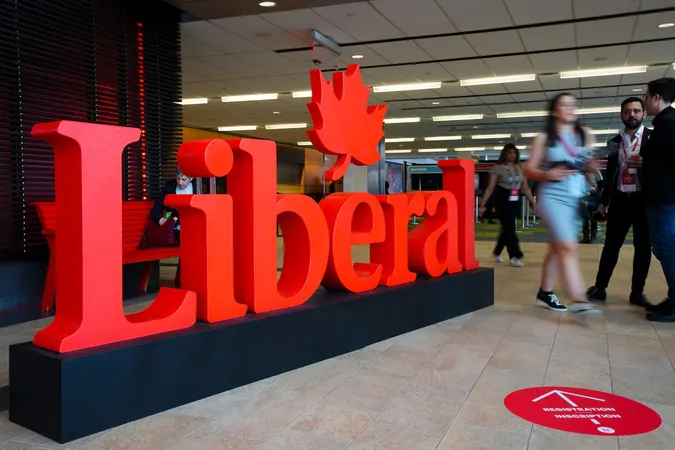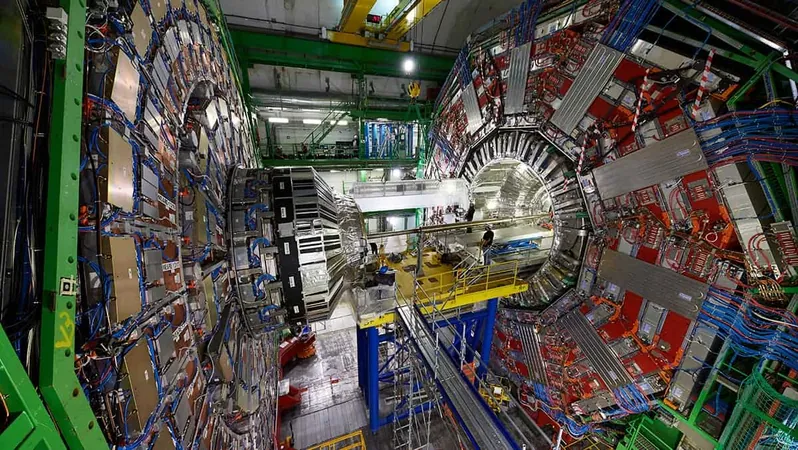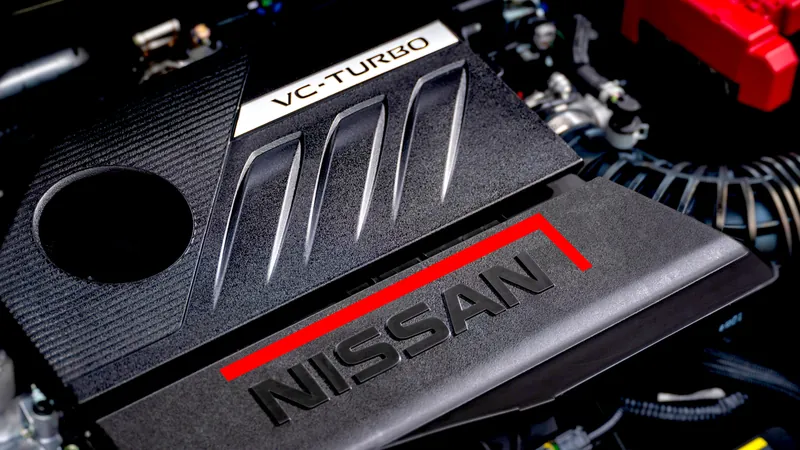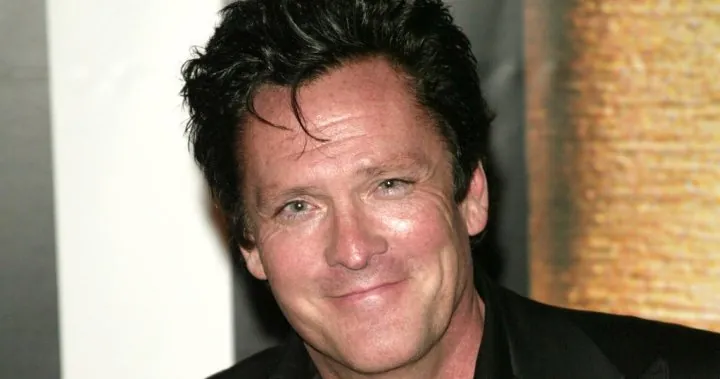
Major Shifts Loom Over Canada's Carbon Pricing Policy as Liberal Leadership Race Heats Up
2025-01-16
Author: Sophie
Introduction
As the race for the Liberal leadership intensifies, two leading contenders, Chrystia Freeland and Mark Carney, are poised to shake up one of Prime Minister Justin Trudeau’s hallmark policies: the consumer carbon price. Sources suggest that both candidates are considering significant modifications or even outright elimination of this contentious measure as part of their platforms.
Chrystia Freeland's Position
Former Deputy Prime Minister Freeland is set to declare her intention to abolish the consumer carbon price, asserting her commitment to addressing climate change while responding to growing public disillusionment. Insiders reveal that Freeland proposes to replace the current framework with a new system developed in conjunction with provincial and territorial governments, a move intended to foster greater collaboration.
Freeland's campaign sources have confirmed that, while she won't entirely disregard the existing carbon pricing policy, she believes its original objectives have largely been achieved. This marks a significant shift for a politician who has historically defended the policy against critics, including Conservative Leader Pierre Poilievre, who has championed its cancellation amidst an ongoing affordability crisis.
Mark Carney's Perspective
On the other hand, Mark Carney, the former head of the Bank of England and a prominent figure in the leadership race, has indicated that while he still considers the consumer carbon price a useful tool, he recognizes that it requires substantial reform. Ahead of his campaign launch, he hinted at forthcoming details about his approach, which may involve revisions to the existing framework without outright abandonment.
Skepticism Among Liberal MPs
Three Liberal MPs have expressed skepticism about the future of the consumer carbon price within this leadership campaign, suggesting it may be scrapped altogether regardless of who emerges victorious. Carney himself has characterized the policy as effective but has suggested that alternative solutions should be explored.
Trudeau's Defense of Carbon Pricing
Trudeau, while facing a leadership race within his party, defended the carbon pricing policy at a recent press conference, emphasizing its role in reducing emissions and incentivizing green investments. He maintains that the program not only curbs pollution but also provides financial relief to Canadians through rebates.
Potential Implications and Conclusion
As the political landscape shifts, Natural Resources Minister Jonathan Wilkinson also hinted at his potential candidacy for the leadership, reaffirming his support for the carbon price as the most economically efficient means of reducing emissions.
With the Conservative Party primed to launch advertising attacks against Carney, targeting his past support for the carbon price, it’s clear the debate over environmental policy will play a prominent role in the upcoming elections. Poilievre has launched scathing criticisms of both candidates, branding them as deceitful for their previous support for tax increases.
In a climate where the fight against climate change is becoming increasingly urgent and divisive, the future of Canada’s consumer carbon price hangs in the balance as the Liberal Party navigates a crucial leadership transition. The stakes are high, and how these candidates align their policies will resonate deeply with Canadian voters ahead of the next election. Will they seize the opportunity to redefine Canada's environmental strategies, or will they succumb to political pressure? Stay tuned!









 Brasil (PT)
Brasil (PT)
 Canada (EN)
Canada (EN)
 Chile (ES)
Chile (ES)
 Česko (CS)
Česko (CS)
 대한민국 (KO)
대한민국 (KO)
 España (ES)
España (ES)
 France (FR)
France (FR)
 Hong Kong (EN)
Hong Kong (EN)
 Italia (IT)
Italia (IT)
 日本 (JA)
日本 (JA)
 Magyarország (HU)
Magyarország (HU)
 Norge (NO)
Norge (NO)
 Polska (PL)
Polska (PL)
 Schweiz (DE)
Schweiz (DE)
 Singapore (EN)
Singapore (EN)
 Sverige (SV)
Sverige (SV)
 Suomi (FI)
Suomi (FI)
 Türkiye (TR)
Türkiye (TR)
 الإمارات العربية المتحدة (AR)
الإمارات العربية المتحدة (AR)